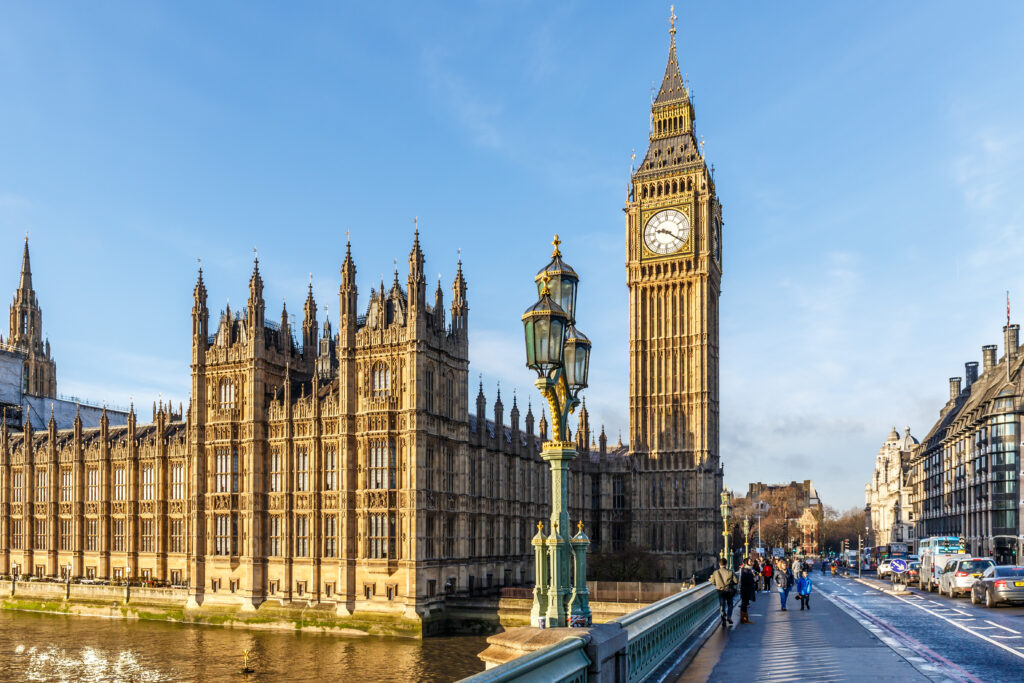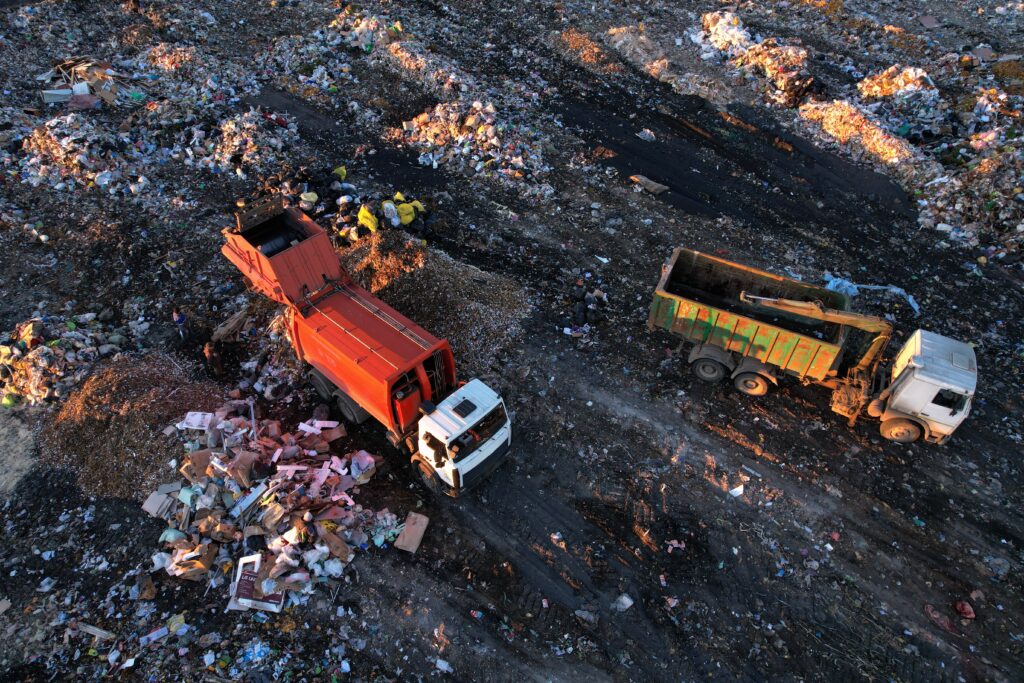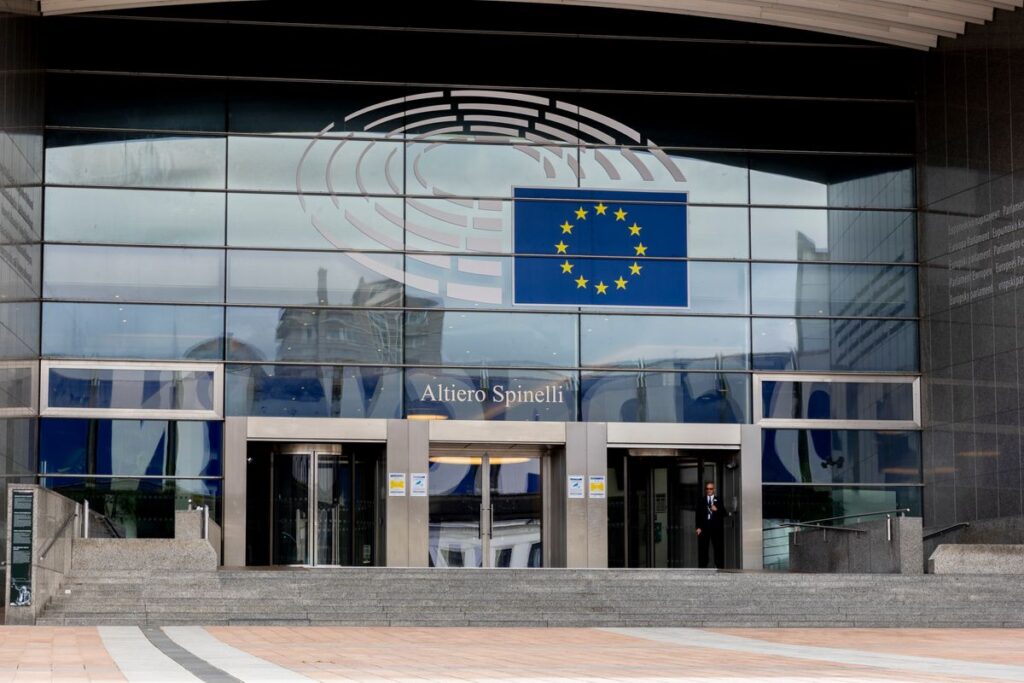And, the Department has also confirmed that compliance provider Valpak will continue to run the Distributor Take-back Scheme (DTS), which allows retailers to meet their obligations under the WEEE Regulations, for a further three years.
I am confident these changes will bring benefits and encourage increased cooperation between stakeholders, to raise collection levels in the future
Ian Lucas, business minister, BIS
As expected (see letsrecycle.com story), the revised regulations, which were issued on Friday (November 6), mean that compliance schemes will now be subject to open-end approval by the Environment Agencies – with their rolling three-year operational plan being reviewed on an annual basis.
This further formalises the closer scrutiny of schemes, and in particular how they go about meeting their members' obligations and work with other schemes.
Other key provisions of the revised regulations include:
-
revised criteria for Approved Authorised Treatment Facilities (AATFs) and Approved Exporters (AE) which means they must meet the reprocessing targets contained in the regulations and Directive to be approved;
-
stream-lining the evidence process so that AATFs and AEs will issue evidence based on the tonnage of WEEE received. This aims to help speed the flow of evidence through the system and ease reprocessors' and exporters' cash concerns;
-
changes to the data reporting requirements for producer compliance schemes, AATFs and AEs to ease administrative burdens and improve the quality of data.
Announcing the measures, business minister Ian Lucas claimed they would help to streamline the WEEE system, reduce administrative burdens for treatment facilities and ensure producer compliance schemes take an “active role” in disposing of WEEE in the correct way.
He added: “I am confident these changes will bring benefits and encourage increased cooperation between stakeholders, to raise collection levels in the future.”
DTS
By running the distributor take-back scheme (DTS) for a further three years, Valpak will be responsible for meeting the regulatory obligations of all retailers who do not provide in-store take-back of WEEE.
Members of the scheme are charged fees proportionate to the amount of electrical equipment they put on the market, with money from this fund then being provided to councils to allow them to maintain WEEE collection facilities at civic amenity sites.
BIS explained that, assuming the scheme's membership was 75% of the UK electrical equipment retail market, there would be a fund of £2 million available to help councils enable residents to recycle WEEE – though if this increased to 100% of the market, the fund could rise to up to £4.7 million.
Under the new 'Phase 2' of the DTS, which runs from January 1 2010 until December 31 2012, a separate 'New Investment Fund' of £1.5 million will also be made available to support the establishment of new or replacement designated collection facilities (DCFs) at CA sites, or allow councils to add new WEEE waste streams to existing sites.
The revisions to the Regulations were originally published for consultation in December 2008 (see letsrecycle.com story).
A full version of revised regulations is set to be made available shortly by BIS.








Subscribe for free